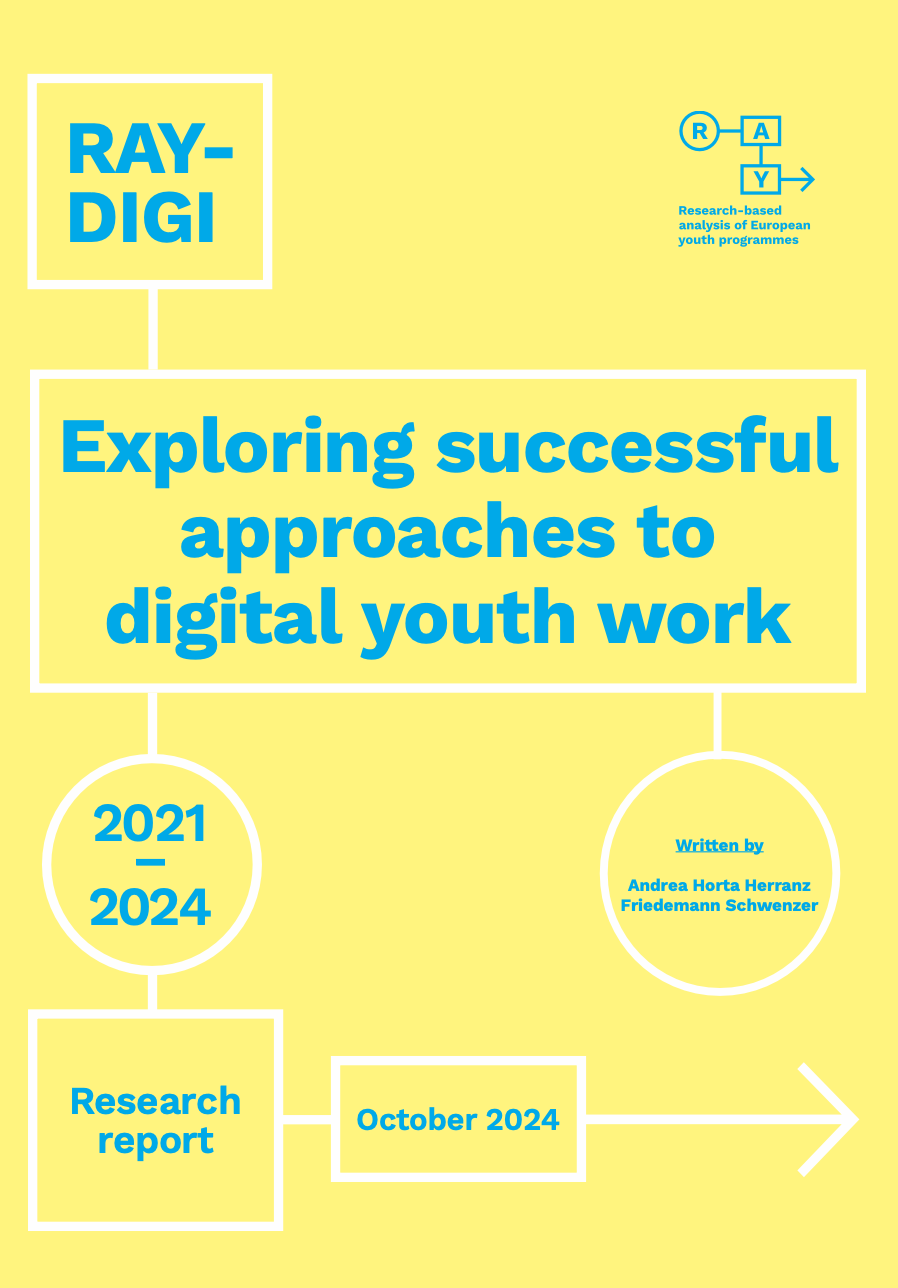Michele Di Paola, Project manager at Spazio Giovani impresa sociale, Trainer, and lecturer at Catholic University of Milan
The results of the European ‘RAY-DIGI’ research are now available, exploring the role of digitalization in youth work and non-formal learning within the context of European youth programs such as Erasmus+ and the European Solidarity Corps.
This is a specific context of educational activities, based on experiential and non-formal approaches, which mostly takes place at an international level around the figure of the youth worker. It is a professional role that in Italy lacks official status or recognition, although recently organized into a professional association, while in many European countries, it is recognized and benefits from specific training pathways.
The research stems from the desire to analyze the impact of digital transformation in this context. The work, developed from 2021 to 2024, analyzes 64 case studies in 41 countries to document the progress of digitalization and provide recommendations to strengthen digital youth work, and is available online at this link: https://www.researchyouth.net/projects/digi/
The report highlights how digital technologies affect young people and youth workers, transforming youth work practices, starting from these key elements:
- 1. The use of digital technologies attracts young people and new professionals to youth work activities.
- 2. Digital youth work maintains the same objectives as previous educational work with young people and can take place both online and in person.
- 3. Successful digital youth work practices are based on the principles of non-formal education, using technologies to strengthen relationships and objectives.
- 4. The combination of online and offline environments is often crucial for success.
Among the various cases examined, some immediately demonstrate the value that the use of digital tools and spaces has added to youth work in different local contexts.
For example, in Slovenia, they combined online and offline learning to maintain the experiential approach of non-formal education, sending in-paper resources to participants’ homes to allow them to actively engage in online activities (specifically, a workshop on sustainability).
In one of the three cases analyzed in Italy, the author supervised a working group within Spazio Giovani Impresa Sociale, which experimented on the use of TikTok in youth information services, directly involving a group of students to prepare and design informative content.
The document also examines the structural factors that support digital youth work, such as the need for funding, infrastructure, and recognition, and the necessity to train youth workers to be competent and confident in using digital technologies.
In its final section, the report also proposes practical tools and a conceptual framework for planning and reflecting on digital youth work, encouraging a broad-spectrum approach that goes beyond the mere use of technologies in and of themselves, to promote the development of digital skills among young people.








